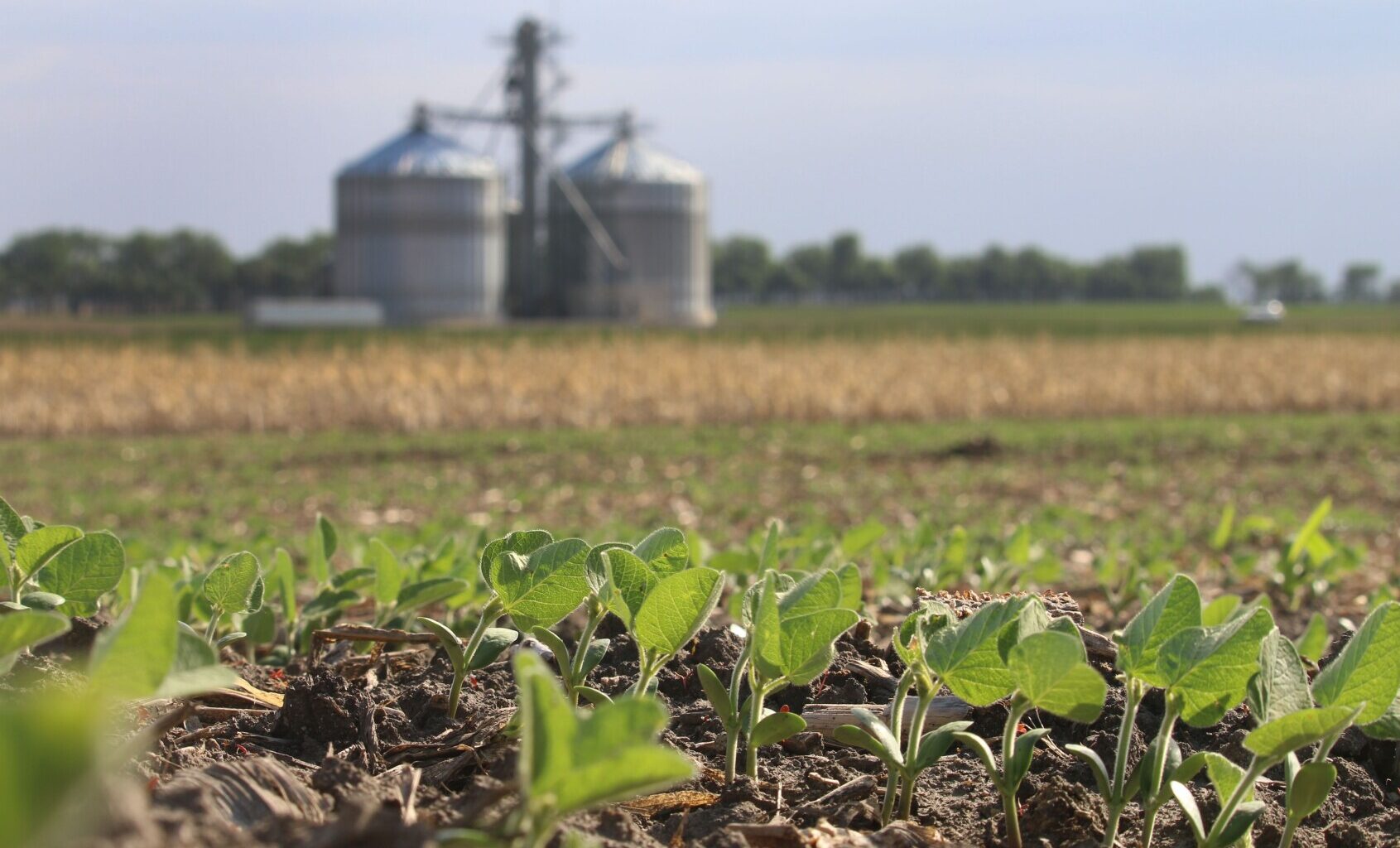BRAINERD — For farmers and agricultural workers in Minnesota, every day is a work day, which leaves little time for taking care of one’s mental health.
According to the
Minnesota Department of Agriculture
website, farmers experience common mental health conditions more often than the general population. According to the National Rural Health Association, the suicide rate among U.S. farmers is 3.5 times higher than the national average.
In the 1990s, Farm Business Management instructors, with support from the Minnesota Department of Agriculture and funds from the Minnesota Legislature, helped launch a pioneering model of mental health care tailored to the unique realities of rural life. Ted Matthews, a long-serving agricultural mental health counselor, led the charge for over 30 years before retiring at the end of June 2025.
“The program is really based on mental health outreach or services to farmers/ranchers, farm families or ag workers,” said Jennifer Vaughn, a mental health provider working with agricultural mental health in Minnesota. “Farmers have high crisis rates and high suicide rates. And so when Ted was doing his work, he found this was an issue. And he felt like there were a few things that got in the way — insurance barriers … a lot of hoops to jump through. Insurance companies want you to be diagnosed. Farmers don’t always like that, and so with this program, we don’t have to do some of that stuff.”
Jennifer Vaughn talks about her work with farmers on Friday, Oct. 3, 2025.
Tim Speier / Brainerd Dispatch
states the program is effective because a diagnosis of mental illness is not a prerequisite and no additional reimbursement for services is required. With the demands of farming continuing to increase, the necessity for addressing rural mental health needs becomes more acute.
On July 1, mental health providers Tracie Rutherford-Self and Vaughn joined the Minnesota Department of Agriculture as agricultural mental health counselors to fill the vacancy left by Matthews and continue his work in supporting the farming industry. They joined current agricultural mental health counselor Monica McConkey, who has served in the role since 2019.
Vaughn covers the northern part of the state, while Rutherford-Self covers the southern part and McConkey covers the western part of Minnesota.
All three providers offer free, confidential counseling for as long as needed. They provide flexible options for meetings and focus on helping individuals manage stress and develop healthy coping strategies.
The program is funded through an appropriation from the Minnesota Legislature to Region Five Development Commission. This mental health support program offers free, confidential counseling to farmers, farm family members, employees, agricultural workers and advisers across Minnesota.
Working in the Brainerd lakes area as a licensed marriage and family therapist since 2011, Vaughn said she has always loved working with rural communities. She also specializes in trauma work with professionals in high-stress jobs.
The program is funded through Minnesota’s Department of Agriculture and the three ag providers do not work for the state, they are independent contractors through the state. Vaughn has maintained her own practice in the area since 2014, helping with everything from couples and families to people with autism and ADHD.
One thing Vaughn appreciates about the program is the ability to meet farmers for an appointment, whether it be on or off the farm or at her office just north of Baxter.
“If your stress is the farm, sometimes it’s nice even to come off just as close as possible but not be there while receiving the services, and so different preferences based on what the client needs,” Vaughn said. “We can do it via phone call or Zoom as well. … It’s very open. So sometimes it’s one call, sometimes that’s all they need and sometimes it’s ongoing.”
Vaughn said there is no dedicated start or stop to the services they provide; they work with someone until they reach their goals. Though the program is for farmers and agricultural workers, their troubles do not need to be related to farming or the industry to be seen.
To learn more about services:
If you or somebody you know is struggling with mental health, help is available. Call the Minnesota Farm and Rural Helpline at 833-600-2670 or visit
for resources and support 24/7.
If someone needs immediate emotional or mental health support, or is worried about someone else, call or text 988 or visit the
chat to connect with a trained specialist online.


